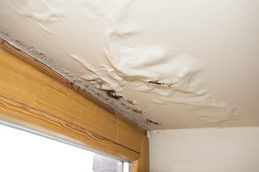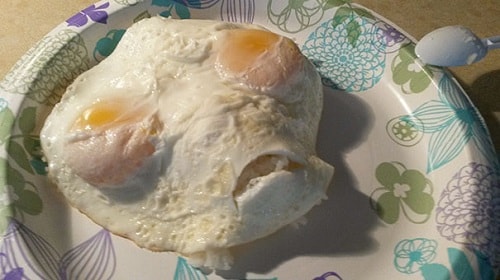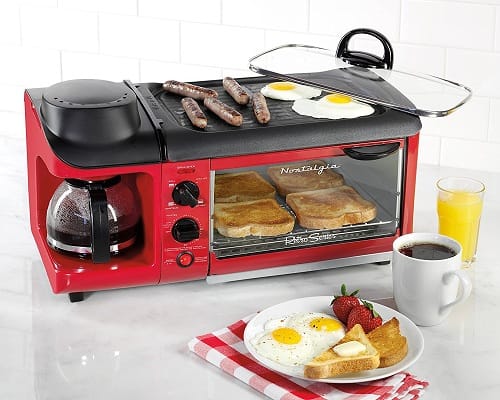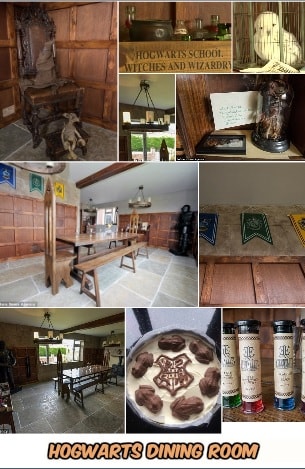A house is the most expensive investment we will make in our lifetime. We put our blood and sweat into building the four walls and of course the interior. From furnishing it and filling it with our personal property and belongings – the process is as taxing as it is rewarding. It might appear straightforward but building a home includes more than just choosing furniture, fixtures, and fittings.
The idea of a home is born on paper by an architect and then executed by many other experts such as builders, contractors, brokers, and interior designers. From choosing the ideal kind of concrete to getting the plumbing right, even once the home is built there’s no time to rest.

Image from Architectural Digest
A homeowner is responsible t for the house and keeping up with the maintenance. With regular wear and tear, costs of servicing or re-buying are bound to add up. .
Here are 3 simple ways to take care of your home:
1. Get insurance
Picture this: It has barely been a week or two since you began living in your new space. One tragic day, a fire starts in your kitchen and leaves your house in smoke and rumbles.
The simplest and most efficient way to take care of your home is to get insurance! This is because accidents, and damage are a part and parcel of life. Many times, these accidents are sudden like a fire or burglary. In times like these, it is a comprehensive insurance policy that acts as your safety net. As the name suggests, it protects against loss or damage by theft, fire, explosion, burglary, or storms. It protects both the four walls of your home and your personal property. When it comes to choosing an insurance policy, pick your coverage based on your needs. When it comes to things that are long-term and crucial as an insurance cover, our advice is to go with the renowned companies that have established themselves well in the market. For example, you might hear about Lemonade Home Insurance a lot of times while exploring the plans, as they are a popular choice. Same goes for a lot of popular companies in the insurance market. So, it is advisable to keep tabs on the big names, compare their plans and see which one suits your needs the best.
2. Clean air filters
Cleaning air filters is the most effective way to remove pollutants, improve indoor air quality and ventilation Cleaning air filters thoroughly is also key to preventing accidental damages, and prolonging the life of your appliance. Neglecting your air filters makes dirt build up and restricts airflow in your house. With the invention of washable versions, air filters can be easily removed out of the HVAC unit, brushed gently, rinsed with detergent and then reinstalled back in the system.
Disposable air filters are affordable but ideally need to be replaced every 30 to 90 days. They are also typically known for superior overall performance in comparison to their washable cousins and capture a larger percentage of air particles circulating through your home while keeping your HVAC system as efficiently as possible.
3. Prevent water damage
Let’s face it, water damage is a ticking time bomb. Leaving it unattended is expensive and time-consuming. Plaster, walls, belongings, and treasured personal items are prone to irreparable water damage further increasing losses.
Pipes and pumps, especially older ones are susceptible to damage. A rupture in such machines can soak your house in less than a day. Make sure they are functioning properly. Gutters and drains are risky as well. It is important to make sure there is no blockage. Cleaning gutters and drains regularly every season will keep them clean and functional. Appliances like dishwashers, refrigerators and washing machines can often cause unwelcome puddles of water. Frequently check for leaks, loose pipes and hoses, clogs and build-ups. Similarly, bathtubs, toilets and sinks should also be checked for clogs, seals and wiring work that needs immediate repair. Windows should be shut whenever possible to avoid rainwater from seeping into the house. If there are any plants in the backyard or balcony connected to a water source, landscape grading might be necessary. A civil engineer will be able to provide professional solutions.

Image from BMS CAT
In conclusion:
Accidental damages, and thefts are events out of our control; w but something we can decide on is how efficiently we take care of our homes whilst minimising the damage they cause to our wallets. A smart homeowner is one who invests in a robust plan to maintain his home in face of an uncertain future.





